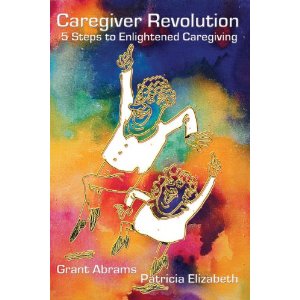I am overjoyed to be witness to the growing popularity of life story (life review) projects such as StoryCorps, which now has a spot on NPR and is doing terrific work. I’m also happy to see that a friend, Betty Marton, is doing similar work at her site In Your Own Words.
Telling one’s life story should be a part of everyone’s life, and hearing his or her elders’ stories should be a part of everyone’s youth. How better to keep tradition, wisdom, and the richness of life intact on our fragile planet?
Though it may seem like an easy process, I can tell you from experience that story telling goes better and easier if handled by a dedicated professional. It can be done by the family, but the elders are more likely to open up in the hands of a skilled interviewer and better stories will often be the result.
Betty offers the valuable service of facilitating, interviewing and collecting life stories. But she goes a few steps further; she follows through and presents a finished project. She also offers this service to organizations and is knowledgeable about other aspects of the work:
“An ethical will can enable you to share your hopes, values, and wishes for family and loved ones; a book of remembrance of someone who has passed is a valuable way to collect and preserve memories; and a wedding book with stories of the couple, as individuals and together, is a wonderful way to celebrate the future.”
Get in touch with Betty today. Your stories can come true!


